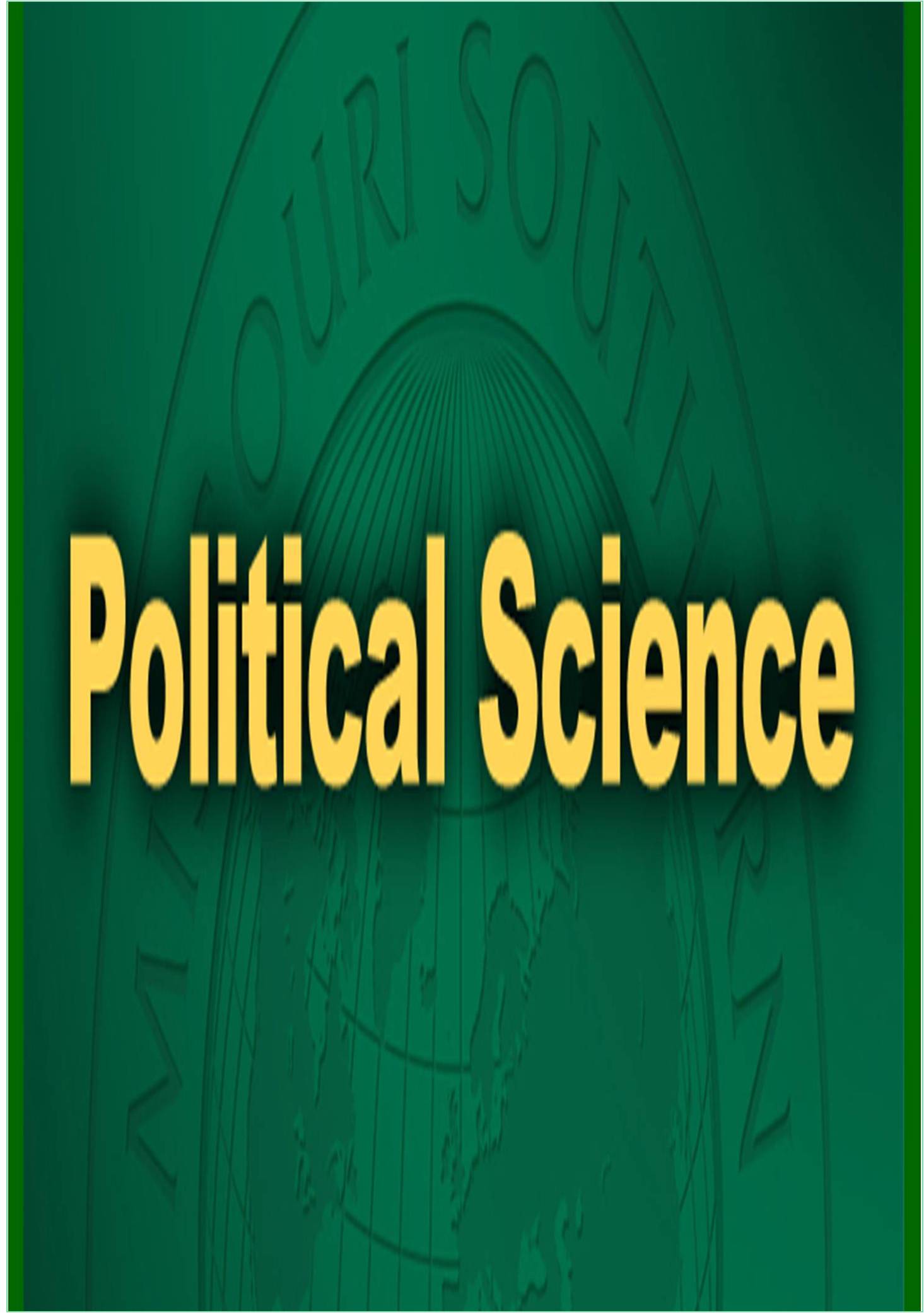



Published: 08-Jul-2021
Covid-19 pandemic has significantly increased the use of knowledge and scientific expertise in policymaking. Governments around the world have relied on epidemiologists and virologists to formulate their non-pharmaceutical responses to the massive public health crisis, and to devise and implement their health care and vaccination strategies. However, the Covid-19 pandemic is also a public policy matter.
So as to stimulate reflection and take stock of ongoing research, we released a call for contributions for the current Swiss Political Science Review special issue on Covid-19-A Political Science Perspective in September 2020. The call has met an extraordinary success. We received 107 proposals-a number which testifies to the interest and necessity of such an initiative-among which we selected the finest, most pertinent, and most feasible in the short time frame at disposal, while also trying to cover a broad range of topics. The selected format of shorter research notes has been instrumental in ensuring a speedy peer review process and timely publication-also thanks to our external reviewers, who agreed upon and have made themselves available for the accelerated review procedure.
The contributions to this special issue point to a number of key insights. Taken together, they depict the outbreak of Covid-19 as a critical juncture that confronted policy-makers with a “super-wicked problem” emerging in a situation of highest uncertainty. Policy responses have frequently been conceived and implemented with an experimental character and have produced a number of unintended consequences.
The public health crisis exacerbates economic inequalities, creates new social cleavages, affects party politics and public support for the government, and the stability of the political system. Political science can enhance our understanding of the political, social, and economic implications of the pandemic, and inform policymakers on a large variety of key issues, including the performance of public health systems, the role played by the main political actors in different countries, the evolution of public dissatisfaction with governments’ handling of the crisis, and the unfolding of international cooperation in the management of the crisis.
The particular challenges of Covid-19 for other vulnerable groups such as refugees and migrants whose protection amidst the pandemic hinges on the politicization of their situation, have not yet been met with adequate policy responses. Taken together, these research notes highlight the factors that shape popular attitudes during the pandemic, attitudes which, in turn, crucially inform public policy-making. Thereby, the contributions provide necessary insight for the design of policy interventions.
Such surveys offer a fast and relatively cheap tool for collecting real-time information about public perceptions, beliefs, and behavior during a fast-moving situation. Although the quality of non-probability online surveys is highly variable, and their widespread use is subject to academic debate, they allow researchers to make a virtue of necessity and possibly to draw inferences that would not be otherwise feasible. Moreover, their low turnaround time offers a decisive advantage, especially in times of crises, when the speed in obtaining new scientific knowledge is particularly important.